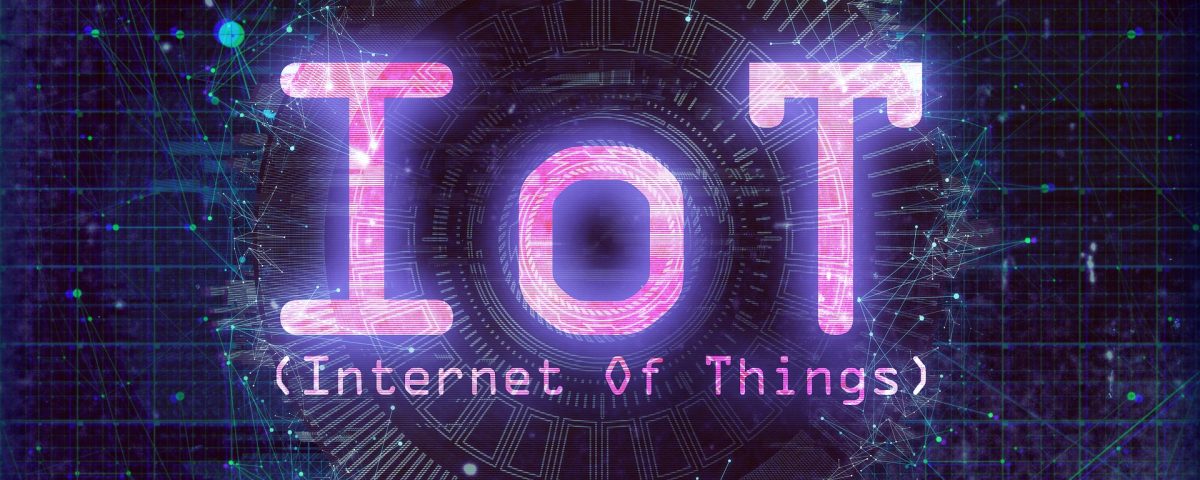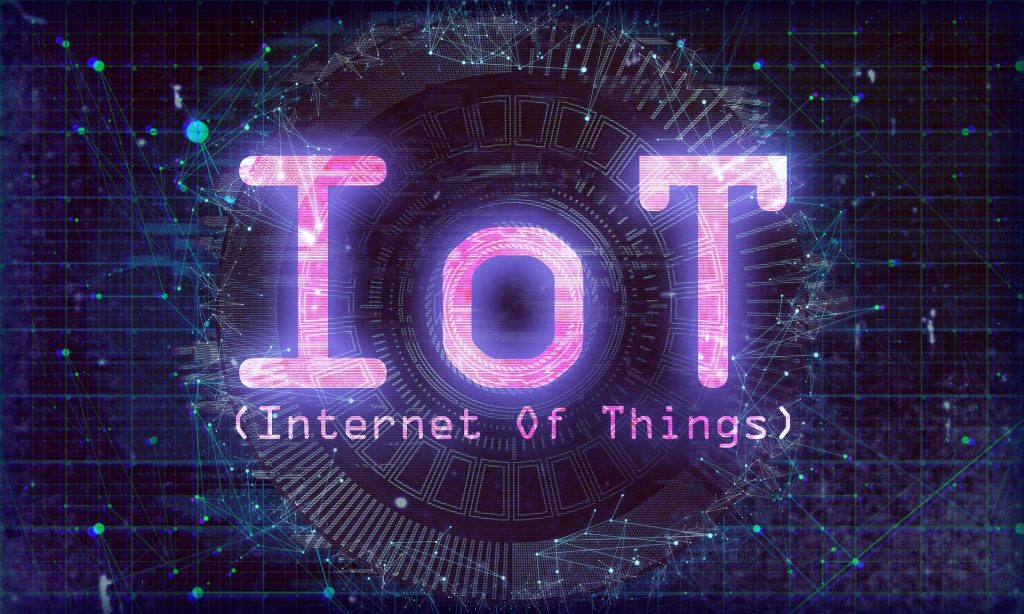
Depolarization through Social Media Use : Evidence from dual identifiers in Hong Kong
23 September 2020
Examining the roles of social media and alternative media in social movement participation : A study of Hong Kong’s Umbrella Movement
23 September 2020Establishing the Innovative Spectrum Policies to support the 5G, IOT, and AI Ecosystem : Case of Taiwan

Principal investigator: Prof LIU YU-li (Department of Media and Communication)

5G, IOT, and AI can provide better life and working condition for the society and human being. The telecom operators in many countries have been actively involved in deploying 5G services or preparing to get licenses through auction or beauty contest. The telecom operators in the United States and South Korea have started to provide 5G services. Comparing with 4G, 5G can drive more innovative services with its characteristics including fast speed, low latency, and big bandwidth. 5G can make Internet of things (IOT) and Artificial Intelligence (AI) to be implemented easily and to build a sustainable society.
In Taiwan, the National Communications Commission (NCC) has set the timetable for the 5G auction. The 5G spectrum auction will be held earlier than scheduled. In September 2019, the NCC will accept the application to participate in the bidding, and will start the 5G auction in December and issue the 5G license in January 2020.
In addition to drive IOT and AI application, 5G can also provide opportunities for the development of new business models, one of which is to promote the development of enterprise application networks, because 5G can provide “uniqueness, high-reliability, high-coverage, high-customization, and self-operated service functions” (Executive Yuan, 2019). In the future, in certain areas (such as corporate headquarters, factories, hospitals, entertainment exhibitions, sports venues, retail outlets), non-telecom operational specifications may be adopted, which are customerized by telecom operators or system integrators. The domain owners can entrust a specific team to deploy the 5G private network and to manage the network.
The above business model can provide support for 5G new entrepreneurs, 5G application providers, 5G equipment manufacturers, 5G system integration operators, and 5G small operators. Since many companies or organizations in Taiwan have expressed the need to build 5G enterprise application networks, the government in Taiwan has committed to establish innovative spectrum policies to support the vertical application model to develop the 5G enterprise network to accelerate the digital transformation, and use this opportunity to drive the rapid development of Taiwan's 5G related industries and innovative services.
This presentation will discuss the stakeholders’ views with regard to the 5G vertical application domains by relating to the United Nations’ Sustainable Goal No. 9: “Build resilient infrastructure, promote sustainable industrialization and foster innovation.”
Click here to read the publication details.
Click here to read the publication details.
